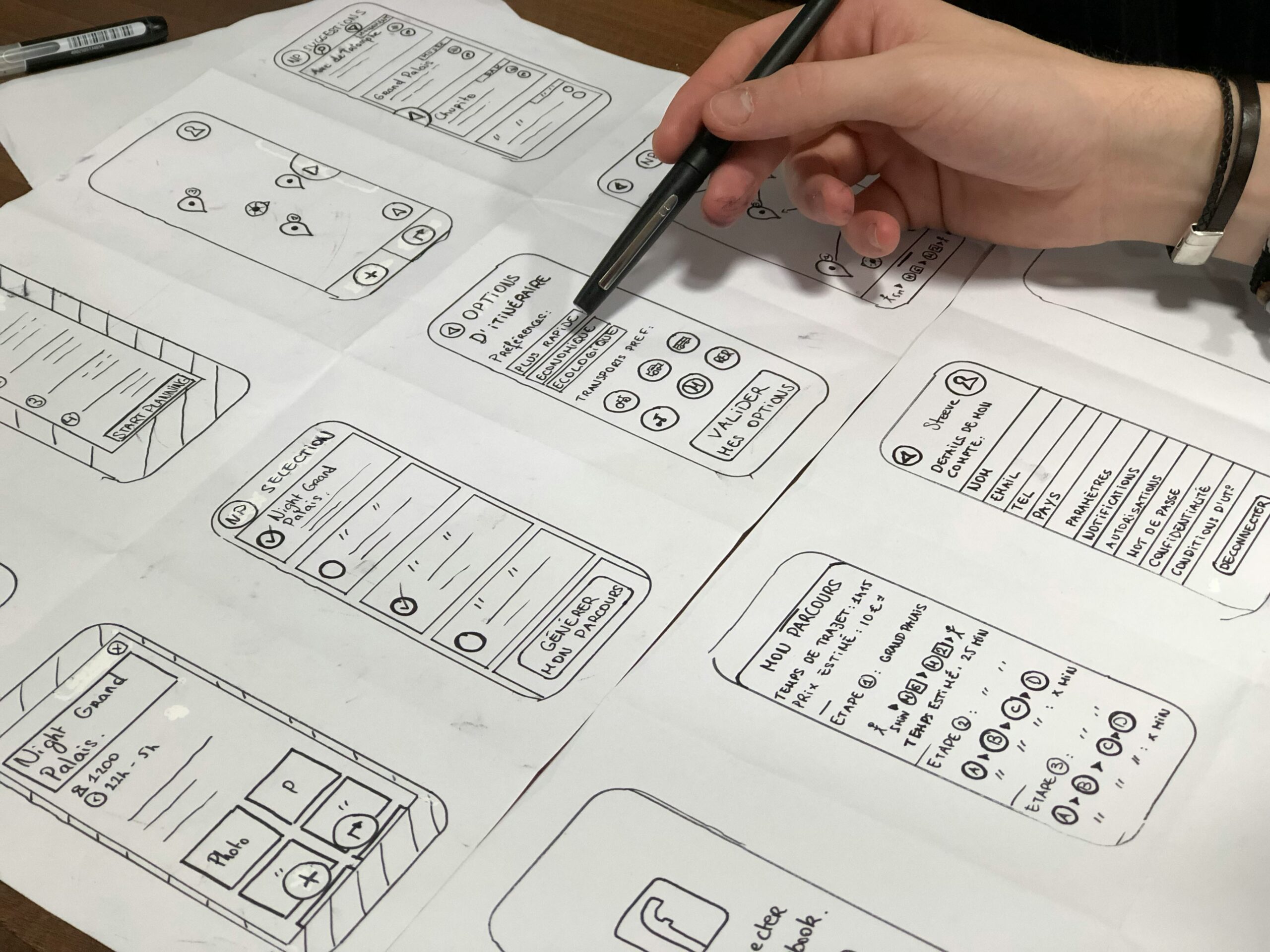The Rise of Mobile Usage in the UK
In recent years, the landscape of internet usage in the UK has undergone a significant transformation, primarily due to the proliferation of mobile devices. As smartphones and tablets have become integral to daily life, statistics indicate that a substantial portion of web traffic now originates from these devices. According to recent data, mobile devices account for over 50% of all internet traffic in the UK, a figure that continues to rise year on year. This surge in mobile usage is not only a reflection of changing consumer preferences but also highlights the crucial need for businesses to adapt their online presence.
The shift towards mobile internet access can be attributed to several factors, including improved mobile network coverage, the affordability of smartphones, and the increasing reliance on convenient online services. Consumers now expect seamless access to websites and applications while on the go, further necessitating the development of mobile-friendly platforms. In light of this trend, businesses must recognize the implications it holds for their website design. A failure to implement responsive web design in the UK could hinder customer engagement and ultimately impact sales and brand loyalty.
Furthermore, search engines such as Google have adjusted their algorithms to prioritize mobile-friendly websites, thereby affecting search rankings for those that are not optimized for mobile browsing. This change amplifies the urgency for UK businesses to invest in quality website design that caters specifically to mobile users. By ensuring that websites are accessible and functional on mobile devices, companies can enhance user experiences, boost their online visibility, and meet the expectations of a growing mobile-savvy audience. In conclusion, as mobile usage continues to rise, embracing mobile-first web design is essential for businesses aiming to remain competitive in the digital landscape.
Impact on SEO and Visibility
In today’s digital landscape, the mobile-friendliness of a website has become a critical factor in search engine optimization (SEO). Google has embraced mobile-first indexing, which means it predominantly uses the mobile version of a website for ranking and indexing purposes. This shift underscores the importance of ensuring that businesses have a robust mobile presence to remain competitive. For UK businesses focusing on web design, adopting a mobile-friendly approach is no longer optional; rather, it is foundational to their online strategy.
Having a mobile-friendly website significantly improves a business’s visibility in search engine results. Websites that are optimized for mobile devices are more likely to rank higher, attracting a broader audience. Responsive design plays a key role in this optimization as it ensures that a website adapts seamlessly to different screen sizes. This adaptability not only enhances user experience but also decreases bounce rates, as visitors are more likely to engage with a site that is easy to navigate on their preferred devices.
Moreover, page speed is another vital aspect to consider when evaluating mobile-friendliness. Websites that load quickly on mobile devices can enhance user engagement and satisfaction, which are crucial for retaining visitors. Google’s algorithms consider page loading times as part of their ranking criteria. Therefore, investing in a well-structured website design in the UK that incorporates fast-loading elements will undoubtedly contribute positively to a site’s search rankings. In essence, a mobile-optimized site can drive organic traffic, generated not only through better search visibility but also through improved user experiences.
As businesses continue to embrace digital transformation, prioritizing mobile-friendliness within their website design will be key to harnessing growth and increasing online visibility.
User Experience and Conversion Rates
In today’s digital landscape, the user experience is paramount, particularly for businesses operating in the competitive market of the UK. A mobile-friendly website is essential for optimizing this experience, as an increasing number of consumers access the web through their smartphones and tablets. Websites designed with mobile users in mind not only enhance navigation but also significantly reduce bounce rates. When users encounter a website that is easy to navigate on their devices, they are more likely to engage with the content and continue exploring the site.
Responsive web design plays a crucial role in achieving this goal, ensuring that businesses can present their offerings in a format that resonates with mobile users. A website design that adapts seamlessly to various screen sizes provides a consistent user experience and allows businesses to reach a wider audience. Additionally, mobile-friendly websites can improve loading times, which has been proven to influence user satisfaction. In fact, studies have shown that even a one-second delay in page load time can result in reduced customer satisfaction and increased likelihood of users abandoning the site.
Moreover, the correlation between enhanced user experience and increased conversion rates is well established. When customers can easily find information, navigate products, and complete transactions on a mobile-friendly platform, they are more inclined to convert from browser to buyer. Many successful companies have leveraged effective website design in the UK, leading to notable increases in sales figures. For instance, e-commerce giants have reported substantial improvements in conversion rates after implementing a mobile-first approach in their website design strategies. These results underscore the importance of investing in website design that prioritizes user experience across multiple devices.
Strategies for Creating a Mobile-Friendly Website
To ensure that a website meets the demands of today’s mobile users, adopting effective strategies for mobile-friendly web design is essential. One of the most important approaches is implementing responsive web design. This method allows your website to adapt seamlessly to different screen sizes, from smartphones to tablets. By employing CSS media queries, you can alter the style and layout of your site based on the device’s characteristics, providing a user-friendly experience across all platforms. This is a crucial aspect of website design UK, ensuring that your site remains accessible and appealing to a wider audience.
Another critical strategy involves optimizing images and content specifically for mobile devices. Large images can significantly slow down your website, negatively impacting user experience and search engine rankings. Utilizing formats such as WebP can reduce image size without losing quality, while tools like Adobe Photoshop or online compressors can be used to ensure faster loading times. Additionally, simplifying content presentation on mobile is vital, as lengthy paragraphs can be difficult to read on smaller screens. Using bullet points, concise sentences, and clear calls to action enables better engagement.
Moreover, ensuring fast loading times is crucial for retaining mobile visitors. Research indicates that users typically expect a website to load within three seconds. To achieve this, consider minimizing HTTP requests, enabling browser caching, and reducing server response time. Testing your website’s mobile-friendliness is equally important; you can leverage tools such as Google’s Mobile-Friendly Test to evaluate your site’s performance and identify areas that require enhancement. Lastly, staying updated with mobile trends and user preferences is vital, as these are continually evolving within the realm of web design UK. Regularly assess your website’s performance and make adjustments as needed to maintain its efficiency and relevance.

